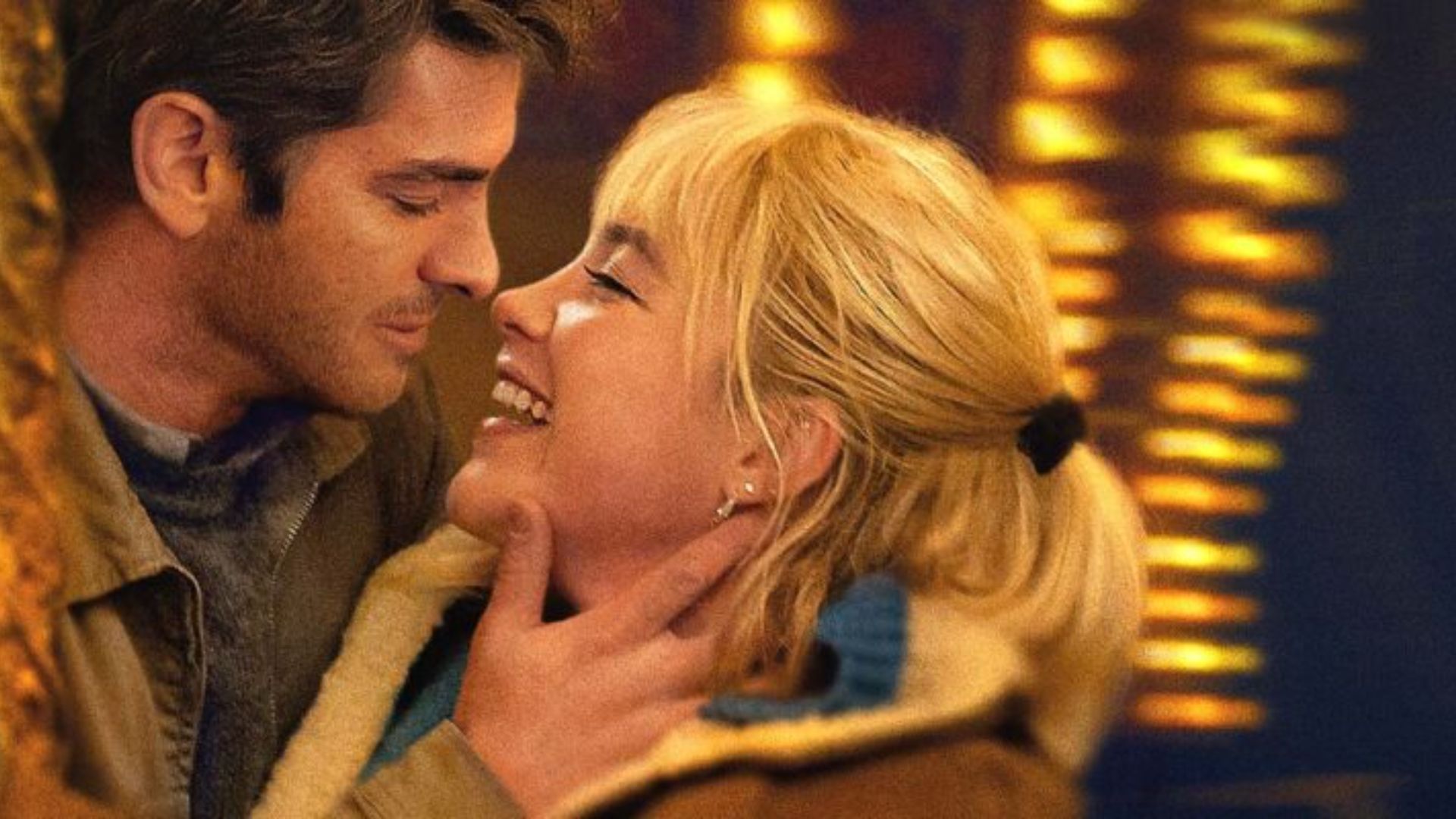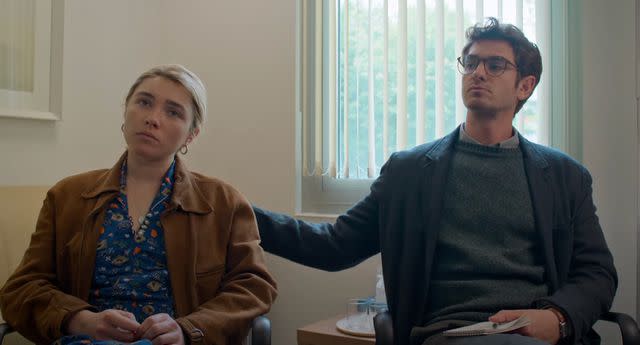We Dwell in Time: A Q&A Exploration of Temporality

Our expertise of time is key to our existence. From the fleeting second to the huge expanse of historical past, time shapes our perceptions, influences our selections, and dictates the very rhythm of our lives. But, regardless of its pervasive affect, the character of time stays one of the vital profound and perplexing mysteries going through science and philosophy. This Q&A explores varied aspects of our temporal existence, delving into its subjective nature, its goal actuality, and its implications for our understanding of the universe.
Q: What’s time, essentially?
A: That is the million-dollar query, and there isn’t any single, universally accepted reply. Physicists would possibly outline time as a dimension, alongside the three spatial dimensions, forming the four-dimensional spacetime continuum described by Einstein’s idea of relativity. This framework treats time as a steady, flowing parameter that, together with house, types the material of the universe. Nevertheless, this does not totally clarify our subjective expertise of time’s passage.
Philosophers grapple with the character of time’s actuality. Presentism argues that solely the current second exists, whereas eternalism posits that every one moments in time exist concurrently. These views spotlight the disconnect between our inner expertise of time’s linear development and the potential for a extra complicated, even perhaps non-linear, temporal actuality. Finally, the elemental nature of time stays a subject of ongoing debate and analysis.
Q: Is time linear?
A: Our on a regular basis expertise strongly suggests a linear development of time: previous, current, future. We bear in mind the previous, expertise the current, and anticipate the long run. Nevertheless, physics, significantly relativity, complicates this linear image. Einstein’s theories present that point is relative, that means its passage is affected by gravity and velocity. Time slows down in sturdy gravitational fields and at excessive speeds, suggesting a non-linearity the place the "now" could be completely different for various observers.
Moreover, quantum mechanics introduces additional complexities. The idea of time’s arrow, which dictates the route of causality (trigger previous impact), is challenged by sure interpretations of quantum phenomena. Some interpretations even recommend the potential of backwards causation or time journey, though these stay extremely speculative.
Q: How does our notion of time change all through life?
A: Our subjective expertise of time is remarkably malleable. Youngsters typically understand time as stretching out, whereas adults regularly really feel time accelerating as they age. That is partly as a result of manner our brains course of and retailer recollections. Novel experiences are inclined to create stronger, extra detailed recollections, making them appear to "last more." As we age, the novelty of each day experiences diminishes, resulting in a sense that point is passing extra shortly.
Psychological components additionally play a major function. When engaged in pleasant actions, time appears to fly by, whereas intervals of boredom or anxiousness can stretch outing significantly. Stress, sickness, and drugs can even alter our notion of time’s passage.
Q: Does time exist independently of consciousness?
A: It is a central query within the philosophy of time. Some argue that point is a elementary facet of the universe, current independently of any observer. Others, significantly proponents of subjective idealism, recommend that point is a assemble of consciousness, current solely inside our minds. The controversy hinges on whether or not time is an actual function of the bodily world or an emergent property of our cognitive processes.
The issue lies in separating our expertise of time from the underlying actuality of time itself. Our notion is inevitably filtered by means of our senses and cognitive frameworks, making it difficult to find out the target actuality of time’s existence.
Q: What’s the function of time in causality?
A: Causality is the precept that occasions have causes, and results observe causes in a temporal sequence. This appears simple in our on a regular basis lives: we throw a ball (trigger), and it falls to the bottom (impact). Nevertheless, the exact nature of causality and its relationship to time stay complicated points.
Quantum mechanics challenges classical notions of causality, with some interpretations suggesting that trigger and impact could be entangled in non-intuitive methods. The idea of "retrocausality," the place future occasions affect previous occasions, is debated, although not broadly accepted inside mainstream physics. Understanding the exact relationship between time and causality is essential for a whole understanding of the universe.
Q: Can we manipulate time?
A: Whereas we won’t journey by means of time in the way in which depicted in science fiction, we will manipulate our expertise of time. For example, we will decelerate our notion of time by means of mindfulness practices or by partaking in actions that totally take up our consideration. Conversely, we will speed up our subjective expertise of time by specializing in duties that really feel routine or mundane.
On the bodily degree, we will affect the speed at which period passes for an object relative to an observer, as predicted by relativity. Nevertheless, manipulating time in a manner that might enable for journey to the previous or future stays firmly within the realm of hypothesis.
Q: What’s the arrow of time?
A: The arrow of time refers back to the directionality of time, the commentary that point appears to circulate irreversibly from the previous to the long run. That is evident within the second regulation of thermodynamics, which states that entropy (dysfunction) in a closed system at all times will increase over time. A damaged cup does not spontaneously reassemble itself; the universe tends in the direction of growing dysfunction.
This asymmetry between previous and future is a profound thriller. The basic legal guidelines of physics are largely time-symmetric, that means they work equally effectively in reverse. The arrow of time, due to this fact, appears to emerge from the particular preliminary circumstances of the universe and the statistical nature of thermodynamics.
Q: What’s the relationship between time and consciousness?
A: The connection between time and consciousness is deeply intertwined. Our expertise of time is essentially formed by our consciousness. We understand time’s passage by means of our recollections, our anticipations, and our consciousness of the current second. Nevertheless, the exact nature of this relationship stays unclear.
Some theories recommend that consciousness itself could be a elementary facet of the universe, intimately linked to the circulate of time. Others argue that consciousness is an emergent property of complicated methods, arising from the interplay of quite a few bodily processes, together with the processing of temporal data.
Q: What are the implications of our understanding (or lack thereof) of time for our lives?
A: Our understanding of time, or lack thereof, considerably impacts our lives. Our notion of time influences our decision-making, our planning for the long run, and our understanding of our place within the universe. The fleeting nature of time can encourage us to stay totally and recognize the current second, whereas the vastness of time can encourage awe and a way of perspective.
Moreover, our understanding of time shapes our moral and philosophical frameworks. Our ideas of duty, justice, and progress are all intrinsically linked to our understanding of time’s passage. The continued exploration of time’s nature, due to this fact, continues to have profound implications for our understanding of ourselves and our place within the cosmos.
In conclusion, the character of time stays a charming and elusive enigma. Whereas our scientific understanding has superior considerably, many elementary questions stay unanswered. The continued exploration of time, encompassing each scientific investigation and philosophical inquiry, guarantees to yield additional insights into this elementary facet of our existence and the universe itself. The journey of understanding time is a journey into the very coronary heart of actuality.

:upscale()/2023/03/14/797/n/1922283/tmp_uqZAqh_606425aae58ce10d_GettyImages-1248110819.jpg)





